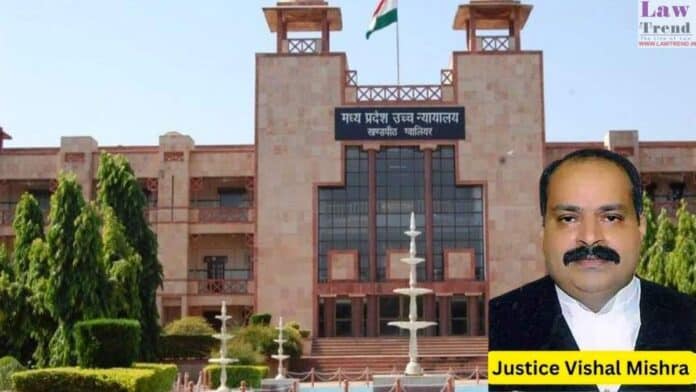The Madhya Pradesh High Court, in a significant ruling, has quashed a First Information Report (FIR) registered against a designated Senior Advocate for offences under the Protection of Children from Sexual Offences (POCSO) Act, 2012, and the Bharatiya Nyaya Sanhita (BNS), 2023. Justice Vishal Mishra, terming the case a “monstrous” and “malicious prosecution,” held that
To Read More Please Subscribe to VIP Membership for Unlimited Access to All the Articles, Download Available Copies of Judgments/Order, Acess to Central/State Bare Acts, Advertisement Free Content, Access to More than 4000 Legal Drafts( Readymade Editable Formats of Suits, Petitions, Writs, Legal Notices, Divorce Petitions, 138 Notices, Bail Applications etc.) in Hindi and English.




